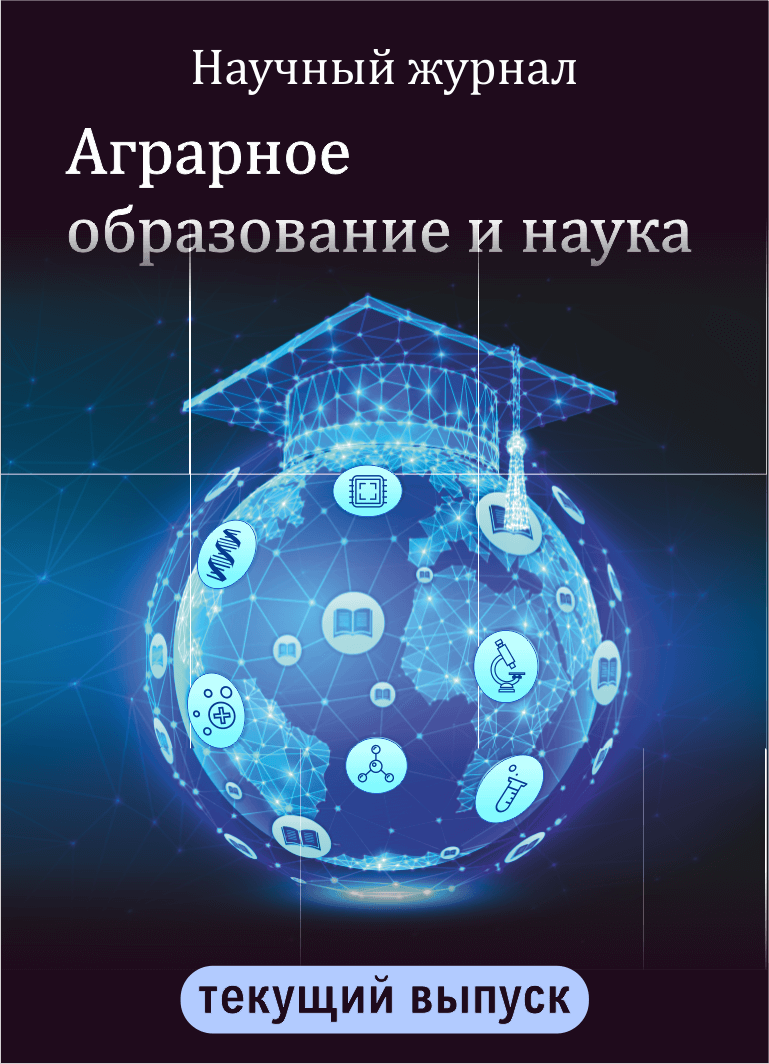I. P. Chupina, d.e.n., professor Uralskogo gosudarstvennogo agrarnogo Universiteta E. V. Zarubina, k.f.n., dotsent Uralskogo gosudarstvennogo agrarnogo Universiteta N. N. Simachkova, k.i.n., dotsent Uralskogo gosudarstvennogo agrarnogo Universiteta
In a modern civilized state, taxes are the main form of state revenue. In addition to this financial function, taxes are used for the economic impact of the state on production, dynamics and structure, on the state of scientific and technological progress. Regions and municipalities are very different from each other in terms of the level of economic development, population structure, natural and climatic conditions, etc. carry out all necessary expenses using their own sources of funds. In this case, there is a need for inter-budgetary relations, the forms of which are, including subsidies and subventions. Subsidies and subventions relate to the expenditures of the state budget of the Russian Federation. Also, along with subsidies and subventions, subsidies are considered. The administrative authorities of each specific constituent entity of the Russian Federation must analyze their expenses for the past year, identify the needs in their region. Based on these reports, a plan for the next year is drawn up and sent for consideration to the central government bodies. It is important to note that at the end of the reporting year, unspent funds must be returned back to the budget from which they came.
References
1. Vasilieva YU. Pugayuschaya serost. Biznes predstavil svoe videnie nalogovoy politiki // Rossiyskaya biznes-gazeta ot 20.12.2018. 2. Visloguzov V. Minfin uznal tsenu lgotam. Nalogovye osvobozhdeniya gotovyat k bolshoy revizii // Kommersant' ot 07.12.2015. 3. Osnovnye napravleniya nalogovoy politiki Rossiyskoy Federatsii na 2018 god i na planovyy period 2019 i 2020 godov. URL: http://www. minfin. ru/ru/. 4. Panskov V. G. Dlya modernizatsii rossiyskoy ekonomiki nuzhna novaya nalogovaya politika // Nalogi i nalogovoe planirovanie. 2018. # 11. S. 34 – 39.











